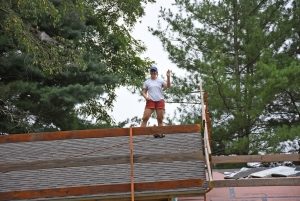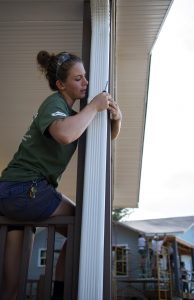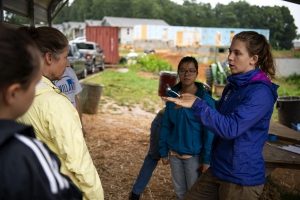https://www.ashevillehabitat.org/wp-content/uploads/2020/07/HOLCMapsAsheville.png
838
660
Ariane Kjellquist
https://www.ashevillehabitat.org/wp-content/uploads/2022/11/AAHH-logo_black_with-counties-tag-300x150.jpg
Ariane Kjellquist2020-07-15 11:50:512020-07-15 11:56:04Reckoning with Race and Housing
https://www.ashevillehabitat.org/wp-content/uploads/2020/07/Emily_Curry-Ct_5.9.19-scaled.jpg
1842
2560
Ariane Kjellquist
https://www.ashevillehabitat.org/wp-content/uploads/2022/11/AAHH-logo_black_with-counties-tag-300x150.jpg
Ariane Kjellquist2020-07-02 15:04:292020-07-06 13:17:46Finding Purpose and Passion through Service
https://www.ashevillehabitat.org/wp-content/uploads/2020/06/Blog-pic-1-e1591986145371.jpg
345
1095
Ariane Kjellquist
https://www.ashevillehabitat.org/wp-content/uploads/2022/11/AAHH-logo_black_with-counties-tag-300x150.jpg
Ariane Kjellquist2020-06-08 14:20:022020-06-12 14:28:07Still Working Towards Racial Equity
https://www.ashevillehabitat.org/wp-content/uploads/2020/05/Marty-and-Rick.jpeg
480
640
Ariane Kjellquist
https://www.ashevillehabitat.org/wp-content/uploads/2022/11/AAHH-logo_black_with-counties-tag-300x150.jpg
Ariane Kjellquist2020-05-29 07:59:592020-05-29 08:01:34When Quarantine Comes, Things Go
https://www.ashevillehabitat.org/wp-content/uploads/2020/05/FSI_HR_10.9.19_Jeanie-scaled.jpg
1667
2560
Ariane Kjellquist
https://www.ashevillehabitat.org/wp-content/uploads/2022/11/AAHH-logo_black_with-counties-tag-300x150.jpg
Ariane Kjellquist2020-05-11 15:16:492020-09-11 12:10:25A most gratifying project
https://www.ashevillehabitat.org/wp-content/uploads/2020/05/GTN-campaign_Quintania-scaled.jpg
1709
2560
Ariane Kjellquist
https://www.ashevillehabitat.org/wp-content/uploads/2022/11/AAHH-logo_black_with-counties-tag-300x150.jpg
Ariane Kjellquist2020-05-05 11:35:422020-05-05 11:52:06Homes, Communities, Hope & YOU
https://www.ashevillehabitat.org/wp-content/uploads/2020/04/2020-volunteer-appreciation-week-cropped.png
602
1024
Ariane Kjellquist
https://www.ashevillehabitat.org/wp-content/uploads/2022/11/AAHH-logo_black_with-counties-tag-300x150.jpg
Ariane Kjellquist2020-04-20 10:06:272020-04-21 11:29:30Celebrating our volunteers!
https://www.ashevillehabitat.org/wp-content/uploads/2020/03/Lauren-Rozman.jpg
628
1200
Ariane Kjellquist
https://www.ashevillehabitat.org/wp-content/uploads/2022/11/AAHH-logo_black_with-counties-tag-300x150.jpg
Ariane Kjellquist2020-04-03 11:38:542020-04-21 11:30:53AmeriCorps Stories: Lauren Rozman
https://www.ashevillehabitat.org/wp-content/uploads/2019/11/Marquita-porch-pic-scaled.jpg
734
2560
Ariane Kjellquist
https://www.ashevillehabitat.org/wp-content/uploads/2022/11/AAHH-logo_black_with-counties-tag-300x150.jpg
Ariane Kjellquist2020-03-30 16:54:082020-04-01 14:53:57What you CAN do right now
https://www.ashevillehabitat.org/wp-content/uploads/2020/03/Krysta-Edited-e1585067592929.jpg
477
1200
Ariane Kjellquist
https://www.ashevillehabitat.org/wp-content/uploads/2022/11/AAHH-logo_black_with-counties-tag-300x150.jpg
Ariane Kjellquist2020-03-24 12:34:192020-03-31 14:39:53AmeriCorps Reflection: Importance of Listening
Scroll to top






